African Union
The African Union's Continental AI Strategy sets the stage for a unified approach to AI governance across the continent.

Artificial intelligence (AI) has made enormous strides in recent years and has increasingly moved into the public consciousness.
Subscribe
We encourage you to subscribe to receive AI-related updates.
Explore Trendscape Our take on the interconnected global trends that are shaping the business climate for our clients.
Increases in computational power, coupled with advances in machine learning, have fueled the rapid rise of AI. This has brought enormous opportunities, as new AI applications have given rise to new ways of doing business. It has also brought potential risks, from unintended impacts on individuals (e.g., AI errors harming an individual's credit score or public reputation) to the risk of misuse of AI by malicious third parties (e.g., by manipulating AI systems to produce inaccurate or misleading output, or by using AI to create deepfakes).
Governments and regulatory bodies around the world have had to act quickly to try to ensure that their regulatory frameworks do not become obsolete. In addition, international organizations such as the G7, the UN, the Council of Europe and the OECD have responded to this technological shift by issuing their own AI frameworks. But they are all scrambling to stay abreast of technological developments, and already there are signs that emerging efforts to regulate AI will struggle to keep pace. In an effort to introduce some degree of international consensus, the UK government organized the first global AI Safety Summit in November 2023, with the aim of encouraging the safe and responsible development of AI around the world. The EU is also implementing the first comprehensive horizontal legal framework for the regulation of AI systems across EU Member States (the EU AI Act is addressed in more detail here: AI watch: Global regulatory tracker - European Union, and you can read our EU AI Act Handbook here).
Most jurisdictions have sought to strike a balance between encouraging AI innovation and investment, while at the same time attempting to create rules to protect against possible harms. However, jurisdictions around the world have taken substantially different approaches to achieving these goals, which has in turn increased the risk that businesses face from a fragmented and inconsistent AI regulatory environment. Nevertheless, certain trends are becoming clearer at this stage:
Businesses in almost all sectors need to keep a close eye on these developments to ensure that they are aware of the AI regulations and forthcoming trends, in order to identify new opportunities and new potential business risks. But even at this early stage, the inconsistent approaches each jurisdiction has taken to the core questions of how to regulate AI is clear. As a result, it appears that international businesses may face substantially different AI regulatory compliance challenges in different parts of the world. To that end, this AI Tracker is designed to provide businesses with an understanding of the state of play of AI regulations in the core markets in which they operate. It provides analysis of the approach that each jurisdiction has taken to AI regulation and provides helpful commentary on the likely direction of travel.
Because global AI regulations remain in a constant state of flux, this AI Tracker will develop over time, adding updates and new jurisdictions when appropriate. Stay tuned, as we continue to provide insights to help businesses navigate these ever-evolving issues.
The African Union's Continental AI Strategy sets the stage for a unified approach to AI governance across the continent.

Voluntary AI Ethics Principles guide responsible AI development in Australia, with potential reforms under consideration.

The enactment of Brazil's proposed AI Regulation remains uncertain with compliance requirements pending review.

AIDA expected to regulate AI at the federal level in Canada but provincial legislatures have yet to be introduced.

The Interim AI Measures is China's first specific, administrative regulation on the management of generative AI services.

Despite congressional activity on AI in Colombia, regulation remains unclear and uncertain.

The Council of Europe is developing a new Convention on AI to safeguard human rights, democracy, and the rule of law in the digital space covering governance, accountability and risk assessment.
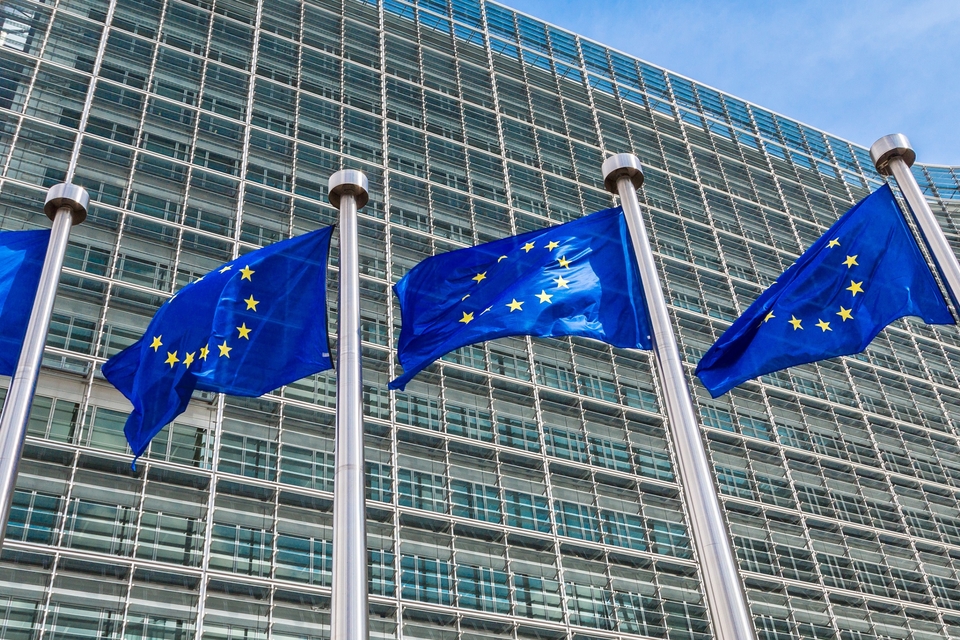
The successful implementation of the EU AI Act into national law is the primary focus for the Czech Republic, with its National AI Strategy being the main policy document.

The EU introduces the pioneering EU AI Act, aiming to become a global hub for human-centric, trustworthy AI.
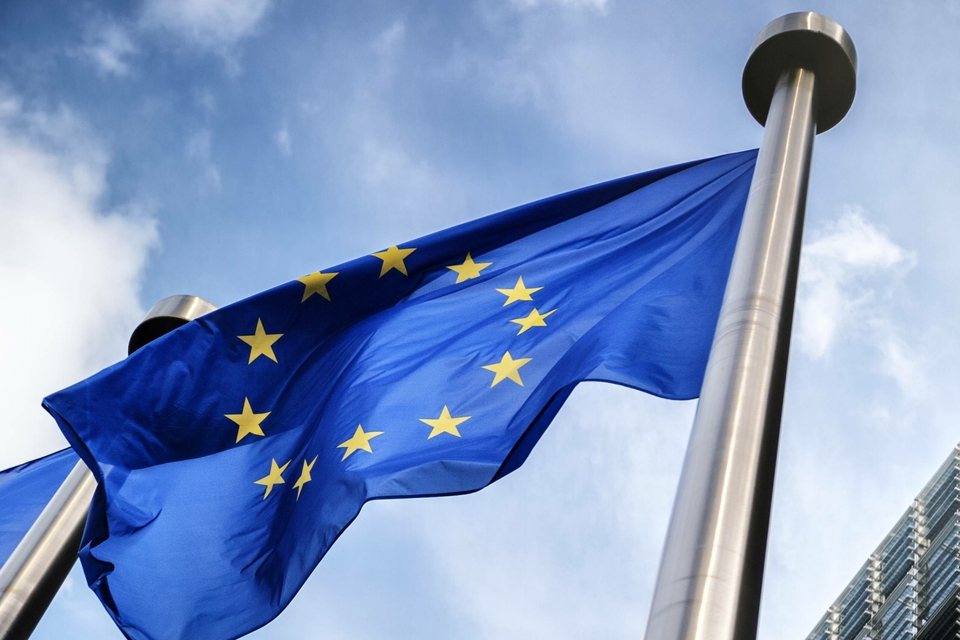
France actively participates in international efforts and proposes sector-specific laws.

The G7's AI regulations mandate Member States' compliance with international human rights law and relevant international frameworks.
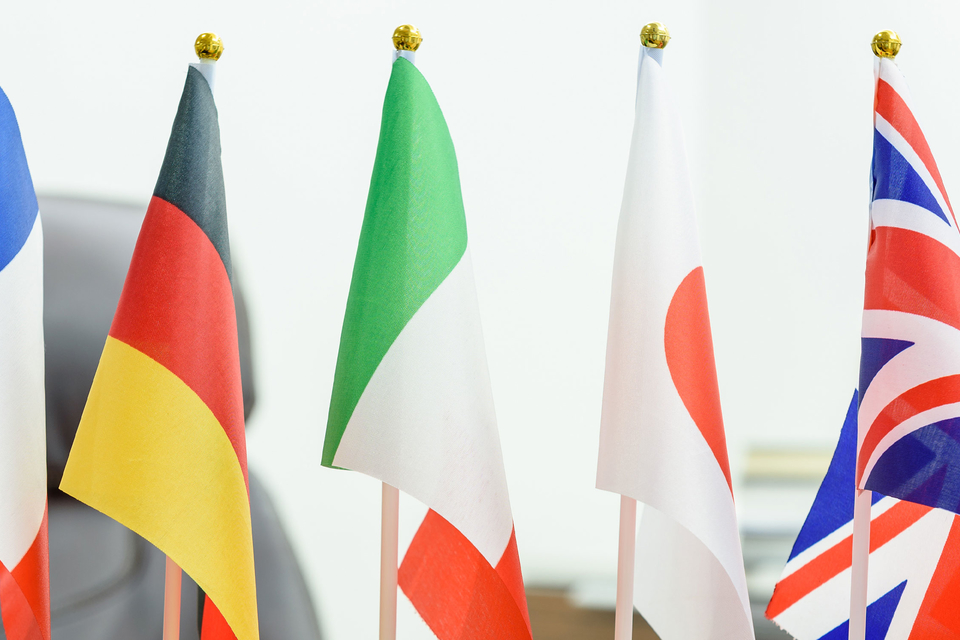
Germany evaluates AI-specific legislation needs and actively engages in international initiatives.

Hong Kong lacks comprehensive AI legislative framework but is developing sector-specific guidelines and regulations, and investing in AI.

National frameworks inform India’s approach to AI regulation, with sector-specific initiatives in finance and health sectors.

Israel promotes responsible AI innovation through policy and sector-specific guidelines to address core issues and ethical principles.


Japan adopts a soft law approach to AI governance but lawmakers advance proposal for a hard law approach for certain harms.

Kenya's National AI Strategy and Code of Practice expected to set foundation of AI regulation once finalized.

Nigeria's draft National AI Policy underway and will pave the way for a comprehensive national AI strategy.

Position paper informs Norwegian approach to AI, with sector-specific legislative amendments to regulate developments in AI.

The OECD's AI recommendations encourage Member States to uphold principles of trustworthy AI.
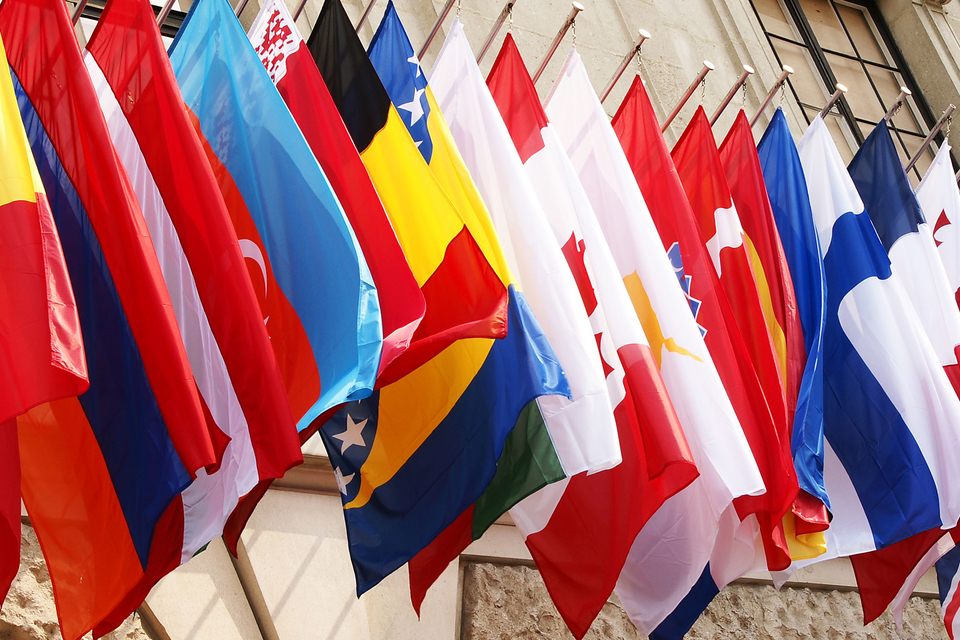
Saudi Arabia is yet to enact AI Regulations, relying on guidelines to establish practice standards and general principles.

Singapore's AI frameworks guide AI ethical and governance principles, with existing sector-specific regulations addressing AI risks.

South Africa is yet to announce any AI regulation proposals but is in the process of obtaining inputs for a draft National AI plan.

South Korea's AI Act has been promulgated as the fundamental body of law governing AI.

Spain creates Europe's first AI supervisory agency and actively participates in EU AI Act negotiations.

Switzerland's National AI Strategy sets out guidelines for the use of AI, and aims to finalize an AI regulatory proposal in 2025.

Draft laws and guidelines are under consideration in Taiwan, with sector-specific initiatives already in place.

Turkey has published multiple guidelines on the use of AI in various sectors, with a bill for AI regulation now in the legislative process.

Mainland UAE has published an array of decrees and guidelines regarding regulation of AI, while the ADGM and DIFC free zones each rely on amendments to existing data protection laws to regulate AI.

The UK prioritizes a flexible framework over comprehensive regulation and emphasizes sector-specific laws.

The UN's AI resolutions encourage Member States to adopt national rules to establish safe, secure and trustworthy AI systems and create forums to advance global cooperation, scientific understanding, and share best practices.
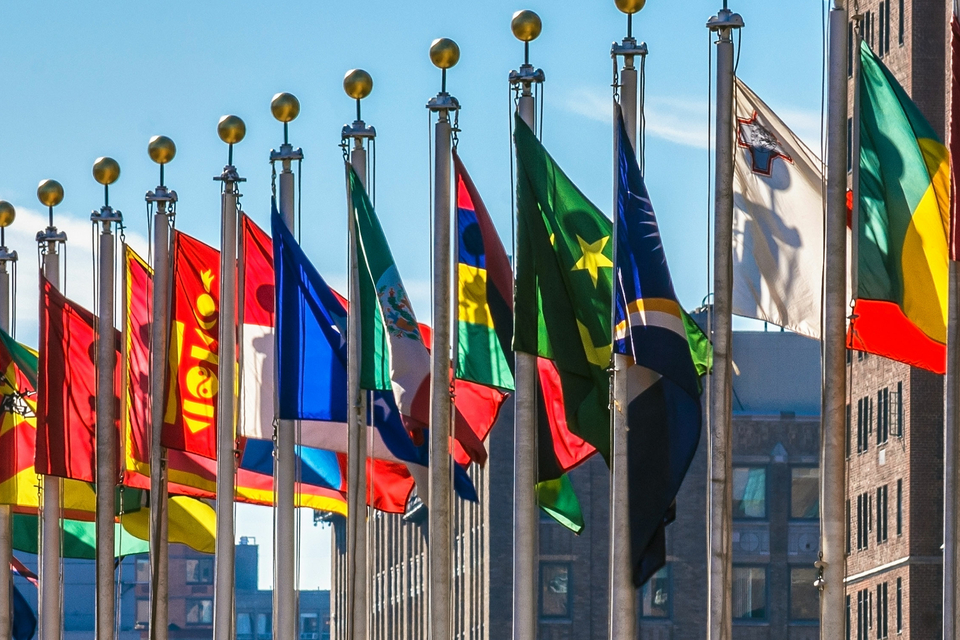
The US relies on existing federal laws and guidelines to regulate AI but aims to introduce AI legislation and a federal regulation authority.


The successful implementation of the EU AI Act into national law is the primary focus for the Czech Republic, with its National AI Strategy and the AI Implementation Plan being the main policy documents.
Currently, there are no specific laws, statutory rules, or regulations in the Czech Republic that directly regulate artificial intelligence (AI). The Czech Republic is not expected to enact its own complex regulation of AI, as the EU AI Act will fulfill this function for all EU Member States. However, the Czech Republic is active on the AI policy level and shall adopt national AI Regulations where the EU AI Act provides for its adaptation (similar to other EU Member States). Notably, the government has approved a proposal for the implementation of the EU AI Act in the Czech Republic (AI Implementation Plan) put forward by the Ministry of Industry and Trade.1 The AI Implementation Plan outlines the legal and institutional steps needed for effective enforcement, including the designation of key authorities, and the finances needed for a successful implementation.
The Implementation Plan is also in sync with the Czech National Artificial Intelligence Strategy 2030 (NAIS 2030), released in July 2024, with the aim to support the development and use of AI.2 The strategy was developed in cooperation between the Ministry of Industry and Trade, various research institutions, the private sector, and industry professionals from the general public based on the Innovation Strategy of the Czech Republic 2019-2030 and Resolution No. 629 of October 3, 2018 of the Czech government on the Digital Czech Republic (i.e., the strategy for digitization in the Czech Republic.3 This rests on three pillars – EU collaboration of the Czech Republic in the realm of the digital agenda; digitization of the public administration; and preparing society and the economy for digitization through collaborative efforts).4
The NAIS 2030 builds upon its predecessor from 2019 and is divided into seven chapters and focuses, among others, on the promotion of science, research and development, support for investment, financing, and development of AI systems in industry and services, legal and ethical aspects as well as safety and the education system. It aims to strengthen the competitiveness of the Czech economy, improve the efficiency of the state, and enhance societal preparedness and resilience.
In 2022, the government issued the Strategic Plan for the Digitalization of Czechia by 2030; one of its objectives is for 75% of businesses to use at least one of these technologies by the end of the decade: cloud computing, big data, or AI.5
The EU AI Act is addressed separately here.
As noted above, there are currently no specific laws or regulations in the Czech Republic that directly regulate AI. The Czech Republic's main focus is now on the successful implementation of the EU AI Act into the national law, which has the following four priorities:
From the perspective of the Czech Republic, this means undertaking the following steps at the national level (in the form of AI Regulations where appropriate):
According to the AI Implementation Plan, the following additional steps will be necessary:
There are various laws that do not directly seek to regulate AI but may affect the development or use of AI in the Czech Republic. A non-exhaustive list of key examples includes:
As there are currently no specific laws or policies in the Czech Republic that directly regulate AI, no definition of AI is currently recognized by Czech national legislation. The definition of an AI system contained in Article 3(1) of the EU AI Act will likely be the key definition used in the Czech Republic.
There are currently no specific laws or regulations in the Czech Republic that directly regulate AI; therefore, there is no specific territorial scope set at this stage.
As noted above, there are currently no specific laws or regulations in the Czech Republic that directly regulate AI. Accordingly, there is no specific sectoral scope at this stage.
As there are no specific laws or regulations in the Czech Republic that directly regulate AI as of yet, there are also no specific or unique obligations imposed on developers, users, operators and/or deployers of AI systems. The standards are set by the EU AI Act.
As noted above, there are currently no specific laws or regulations in the Czech Republic that directly regulate AI. Nevertheless, the above-mentioned NAIS 2030 seeks to address, within the AI regulation, issues related to discrimination and data protection and calls for the creation of an administrative and legislative framework for AI that prevents any form of misuse of AI, discrimination, or disadvantage, with a fundamental emphasis on protecting rights and privacy. At the same time, it is essential to highlight the strong emphasis that NAIS 2030 places on the impact of AI on the labor market.
As noted above, there are currently no specific laws or regulations in the Czech Republic that directly regulate AI, and the aforementioned NAIS 2030 does not set out any AI-related risk categorization. However, it is clear from the aforementioned proposal for the implementation of the EU AI Act in the Czech Republic that the risk categorization will likely remain the same as it is regulated in the EU AI Act.
As there are currently no specific laws or regulations in the Czech Republic that directly regulate AI, there are no specific AI-related national compliance requirements.
The Ministry of Labor and Social Affairs had originally been designated as the main authority responsible for the implementation of the EU AI Act. However, following approval of the AI Implementation Plan of the EU AI Act in the Czech Republic, the Ministry of Industry and Trade has assumed the leading role. The competent ministries and other state authorities in each respective area are expected to participate in internal regulatory processes.
The AI Implementation Plan, drafted by the Ministry of Industry and Trade and now approved by the Czech government, sets out the following distribution of the EU AI Act responsibilities between various authorities:
As noted above, there are currently no specific laws or regulations in the Czech Republic that directly regulate AI. As such, enforcement and penalties relating to the creation, dissemination and/or use of AI are governed by: (i) the EU AI Act; and (ii) pertinent provisions in non-AI specific regulation.
1 The proposal for the implementation of the EU AI Act in the Czech Republic is available here.
2 The NAIS 2030 is available here.
3 The Innovation Strategy of the Czech Republic 2019 – 2030 is available here.
4 The 'Digital Czech Republic' strategic document is available here.
5 The Strategic Plan for the Digitalization of Czechia by 2030 is available here.
6 A public presentation by the Czech Governmental Office at the Lawfit Conference, held on May 27, 2024 in Prague.
White & Case means the international legal practice comprising White & Case LLP, a New York State registered limited liability partnership, White & Case LLP, a limited liability partnership incorporated under English law and all other affiliated partnerships, companies and entities.
This article is prepared for the general information of interested persons. It is not, and does not attempt to be, comprehensive in nature. Due to the general nature of its content, it should not be regarded as legal advice.
© 2025 White & Case LLP